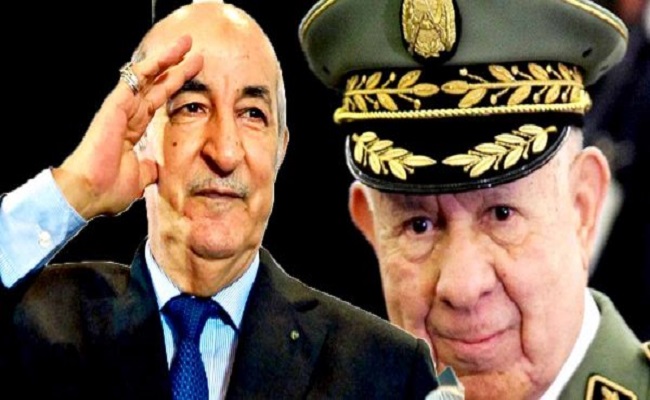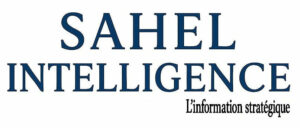According to intelligence experts, Algeria and President Abdelmadjid Tebboune are hostage to an oppressive military regime led by General Saïd Chengriha, Chief of Staff of the National People’s Army (ANP), in a country undergoing repression. Vital economic sectors are monopolized by the military, stifling any hope for development and freedom.
General Saïd Chengriha has turned Algeria into a state controlled by military security services, according to accredited Western diplomats in Algiers. They argue that President Abdelmadjid Tebboune, devoid of real power, is manipulated by Chengriha and his lieutenants.
On the front of liberties, the Hirak movement, which shook the regime before being stifled by the Covid-19 pandemic, as well as the Kabylie independence movement (MAK) and independence movements in the South fighting for democratic change, are being crushed.
Hundreds of activists, journalists, and ordinary citizens have been imprisoned for challenging the regime, marking the end of freedom of expression and human rights in Algeria, according to Amnesty International and Human Rights Watch.
By consolidating power and enriching the ruling elite at the expense of the Algerian people, some officers authoritatively control key sectors of the economy. The national oil company, Sonatrach, for instance, is a military stronghold. Contracts and licenses are awarded according to the interests of generals, ensuring that the country’s vast oil wealth exclusively benefits a perceived corrupt elite.
Construction companies, often led by former officers or close associates of power, receive contracts without competitive bidding, perpetuating corruption and hindering the growth of private enterprises.
The transportation sector is under strict military control. Critical infrastructures like ports and airports are managed by military entities, ensuring the army maintains its grip over all economic flows.
Additionally, the military controls vast agricultural lands, receiving disproportionate subsidies, while leaving small farmers struggling for survival.
Banks and financial institutions are infiltrated by the military, limiting access to credit for independent entrepreneurs and stifling economic innovation.
Meanwhile, Algerian generals and their families live lavish lifestyles, owning high-value properties in Europe and other countries. They use state resources to acquire real estate in Paris, London, Madrid, and exotic destinations, while sending their children to the best schools and universities abroad.
Tebboune, although officially president, appears incapable of making independent decisions, burdened by the scandal involving his son in cocaine trafficking.
Foreign observers conclude that the military uses its economic power and coercion to strengthen its authoritarian regime, suppressing all opposition and preventing any reform efforts.
Algeria: President Abdelmadjid Tebboune Held Hostage by General Saïd Chengriha

